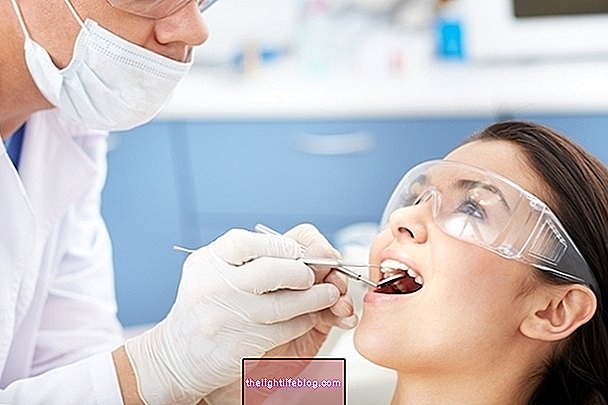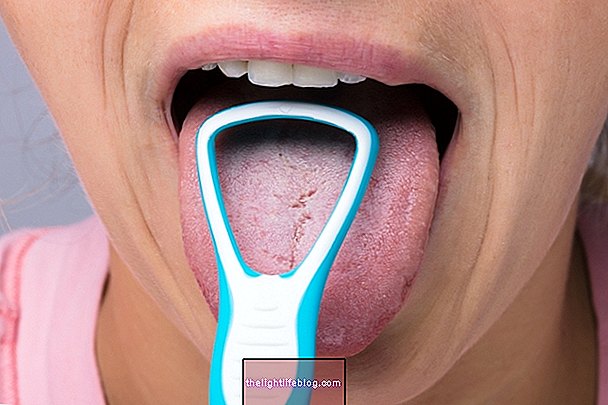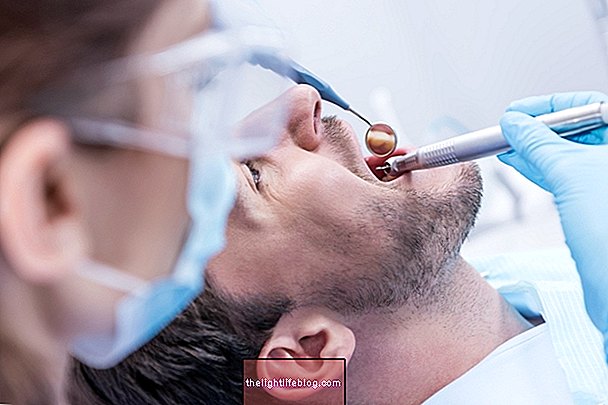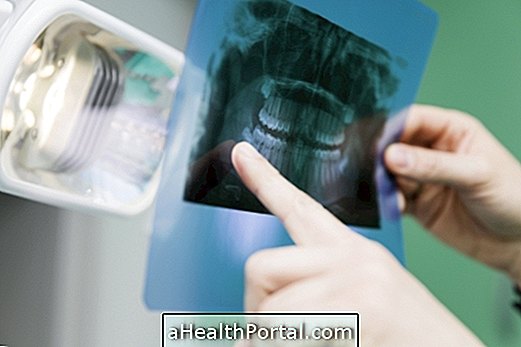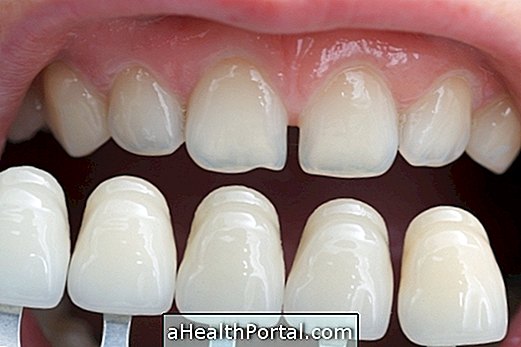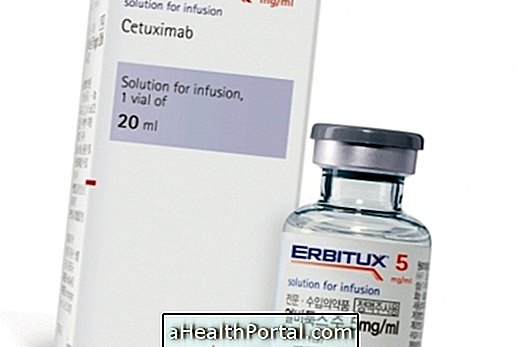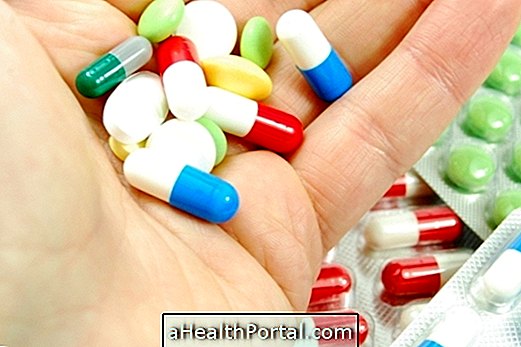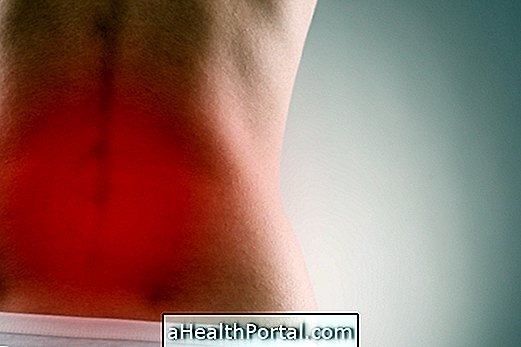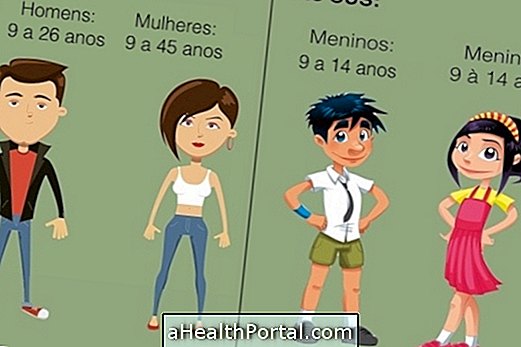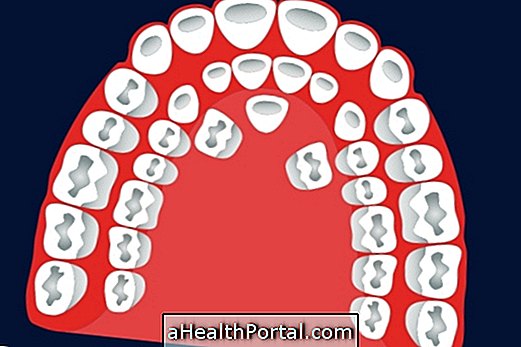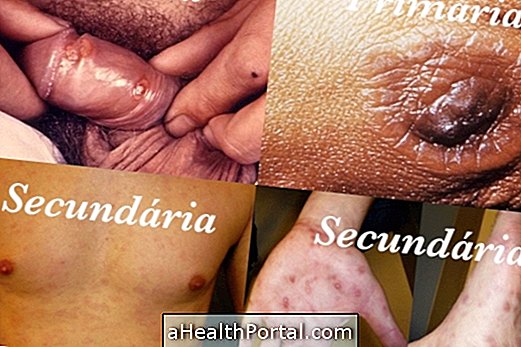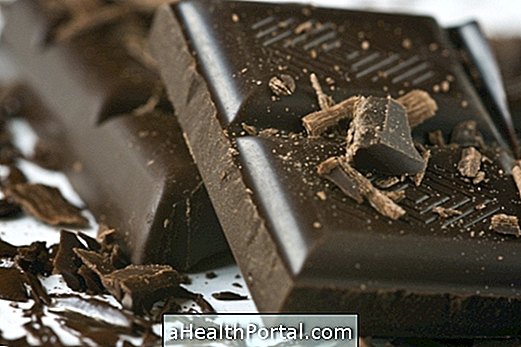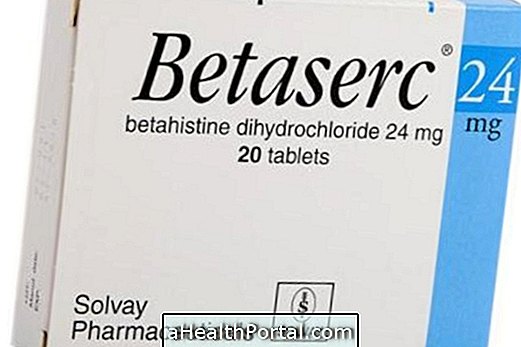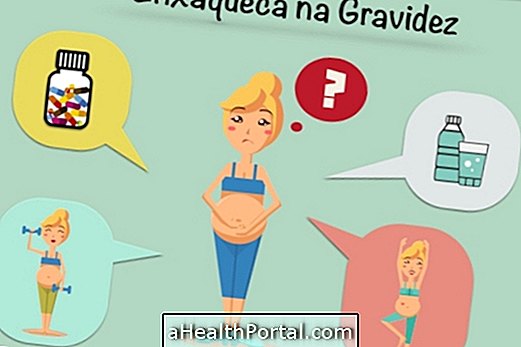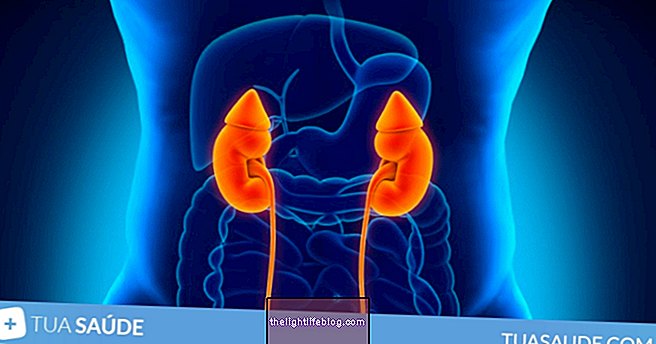During pregnancy, it is important that the woman continues to have good oral hygiene habits, as this way it is possible to avoid the appearance of gingivitis and cavities, for example, which are more frequent at this stage, due to hormonal changes, frequent vomiting and cravings. for sweet foods.
In addition, problems with teeth during pregnancy increase the risk of the baby being born premature, underweight and having problems with vision or hearing. Thus, during pregnancy, the woman must maintain good oral hygiene, eat a balanced diet and consult a dentist before and during pregnancy, to avoid problems in the oral tract.
Although the most important thing is to brush your teeth at least twice a day, there are other precautions that are essential during pregnancy to avoid oral problems, such as:
1. Rinse your mouth with water

During pregnancy it is normal for women to experience nausea and vomit frequently, due to hormonal changes. The content of the vomit is generally acidic, which can be aggressive to the teeth and damage them, so after vomiting, the ideal is for the pregnant woman to rinse a little water or use a mouthwash that can be used during pregnancy, because in addition to improving the taste in the mouth and breath, it prevents the teeth from being damaged.
Learn how to deal with excessive vomiting in pregnancy.
2. Brush your teeth after vomiting

Brushing your teeth every time after vomiting with a tasteless paste also helps to remove acid from your teeth and to prevent nausea. In addition, it also helps to eliminate the bad taste that remains in the mouth due to the presence of acid.
3. Floss

Another very effective measure in preventing cavities and gingivitis is to use dental floss between your teeth, always after brushing them, as it allows you to more effectively remove the dirt that gets stuck between your teeth and that has not been able to be removed through brushing.
Thus, by using dental floss it is possible to avoid the formation of bacterial plaques and decrease the risk of developing cavities. See how to properly use dental floss.
4. Eat foods with calcium and vitamin D

Foods rich in calcium and vitamin D, such as milk, cheese, yogurt, spinach, beans, salmon, sardines, herring, oysters and eggs, for example, are great for preventing dental problems because they strengthen teeth and gums. Check out other calcium-rich foods.
5. Avoid eating very sweet foods

Foods that have a lot of sugar, such as chocolate with low cocoa content, ice cream, candies and cookies, should be avoided as much as they facilitate the development of bacteria in the mouth.
These precautions are important to avoid unnecessary visits to the dentist, since some treatments are contraindicated during the first trimester of pregnancy and after 30 weeks, and should preferably be done in the 2nd semester of pregnancy or after delivery.
However, if the woman has a problem with her teeth, she should not fail to consult the dentist, as he may indicate an appropriate treatment to relieve the symptoms without harming the pregnancy.
Was this information helpful?
Yes No
Your opinion is important! Write here how we can improve our text:
Any questions? Click here to be answered.
Email in which you want to receive a reply:
Check the confirmation email we sent you.
Your name:
Reason for visit:
--- Choose your reason --- DiseaseLive betterHelp another personGain knowledge
Are you a health professional?
NoMedicalPharmaceuticalsNurseNutritionistBiomedicalPhysiotherapistBeauticianOther
